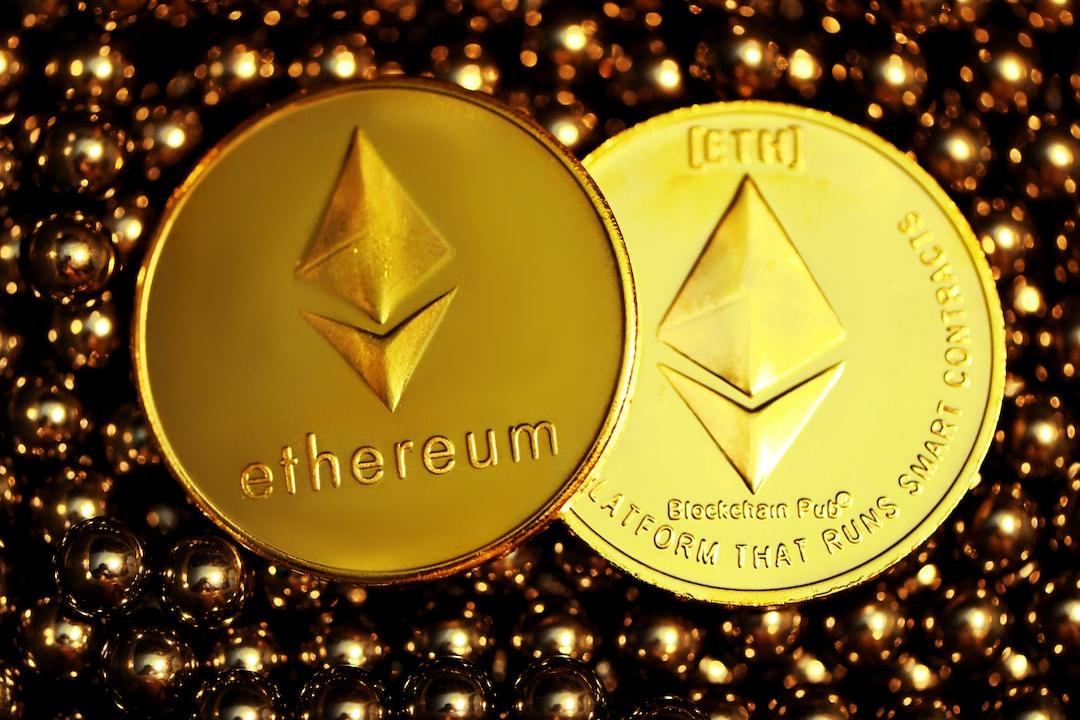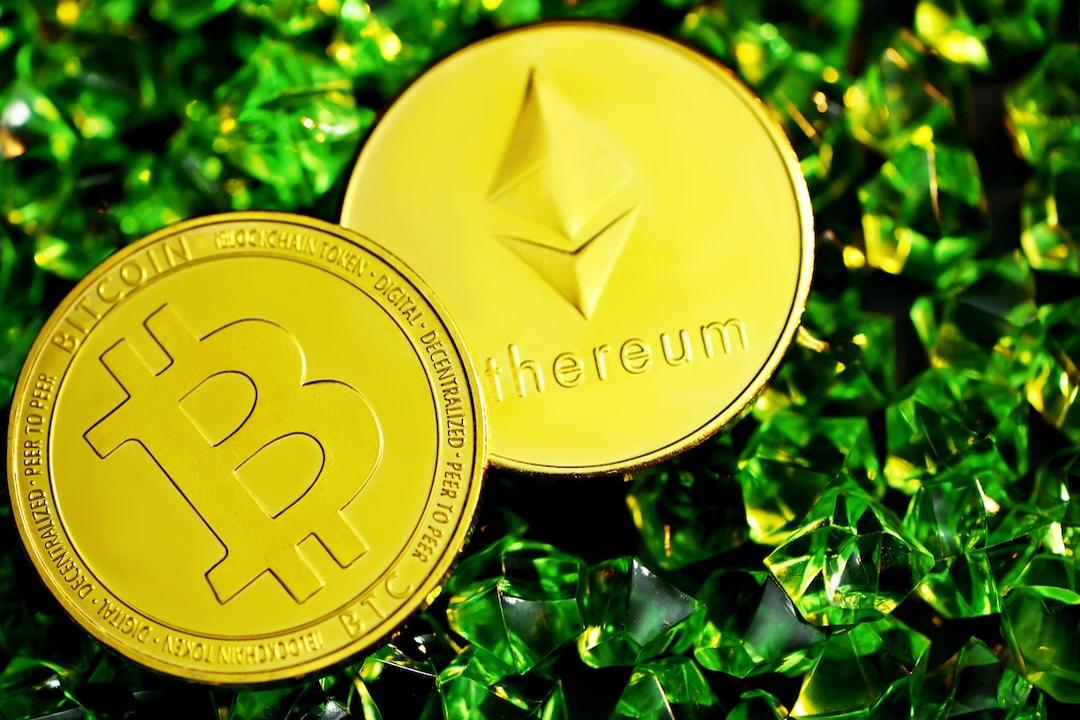JPMorgan CEO Dimon: Bullish on Long-term Chinese Growth, Urges U.S. to Address Fiscal Crisis
JP Morgan CEO Jamie Dimon: Market Too Optimistic on High Rates or Soft Landing
On May 22, Jamie Dimon, CEO of JP Morgan, stated in an interview at the China Global Summit in Shanghai that the current optimism regarding high interest rates or a soft landing is excessive. He reminded everyone to be prepared for upcoming economic changes in an era where risks are significantly underestimated. Regarding the weakening of the dollar, he noted that this is merely a short-term capital adjustment and should not be overly concerning. He reiterated his strong outlook on the long-term markets of the UAE and China, calling on global governments to focus on enhancing risk resilience and national security.
Market Too Overconfident, Dimon: Risks Not Reflected in Asset Prices
Dimon began by pointing out that the market’s confidence has gone too far, citing several macro risks such as:




- Global fiscal deficits
- Aftereffects of Quantitative Easing (QE), soaring and uncontrollable inflation
- Trade wars and geopolitical tensions
He believes these issues have yet to be reflected in asset prices. Dimon also mentioned the recent rise in U.S. Treasury yields, with some predicting the 10-year yield could reach 5% to 7%. However, he stated:
“The market is just slightly waking up; the real volatility has not yet arrived.”
Global Restructuring and Geopolitics Driving Prices, Inflation Sparks Ignited
Dimon indicated that he is not a doomsday prophet but reminded investors to prepare for the unexpected. He pointed out the following as causes of long-term inflation:
- Global supply chain restructuring: no longer relying on a single country, moving factories to friendlier regions
- Increased defense spending: responding to geopolitical issues such as the Russia-Ukraine war and conflicts in the Middle East
- Changes in trade maps: decoupling between China and the U.S., de-globalization, and trade rerouting due to geopolitical factors.
- Infrastructure investments: such as Biden’s Infrastructure Bill, European energy transitions, electric vehicle charging stations, water infrastructure, and railways.
U.S. Fiscal Deficit Soaring, Dimon Says U.S. Can No Longer Avoid the Issue
When discussing tax reform, Dimon expressed his support for a stable tax environment for businesses but did not shy away from stating:
“The U.S. fiscal deficit is approaching 7% of GDP; without a war, this is truly unprecedented.”
He believes the U.S. must ultimately confront the deficit issue and cannot rely solely on tax increases; good economic policies and incentive structures are necessary to improve the deadlock.
Disagreement with Fed’s Claims of Economic Health, Weak Dollar is Just Short-Term Capital Flow Adjustment
Regarding the Federal Reserve’s (Fed) policy stance, Dimon disagreed with some Fed officials claiming that the current “economic situation is good.” He believes that while the Fed can control short-term interest rates, global capital flows are not entirely within their control. As for the recent phenomenon of a weakening dollar, Dimon is not concerned, stating:
“This does not mean the U.S. is weak; the U.S. remains the most innovative and productive country in the world. The short-term capital flow adjustments are understandable.”
Long-Term Optimism for China, Supply Chain Security Should be Government-Led
When asked whether JP Morgan would withdraw from China like other companies, Dimon emphasized that they not only established research teams in China but also assist Chinese companies in global expansion, even hiring Chinese-speaking individuals in Brazil to facilitate communication and investment. He stated:
Dimon also warned that the U.S. is overly reliant on China for certain critical strategic resources (rare earths). If this situation does not improve, it may affect national security. However, he noted that this is not an issue that businesses can solve alone; it should be addressed and strategized at the governmental level.
Investment Risks Need to be Prepared for Amid Emerging Geopolitical and Debt Risks
In conclusion, while Dimon did not declare that the global market would collapse, he hinted that the current market is too confident, leading to many risks being overlooked. However, he expressed strong optimism for the long-term development of both China and the Middle Eastern markets while urging the U.S. to face its debt crisis properly, and he holds reservations about the Fed’s statements regarding the economy’s health. For investors, the most important thing is not to predict but to prepare.
(Jamie Dimon warns that the market is too complacent: S&P 500 profits may go to zero, inflation and stagnation risks are rising)
Risk Warning
Investing in cryptocurrencies carries a high level of risk, and their prices may fluctuate dramatically; you could lose all your principal. Please carefully assess the risks.
